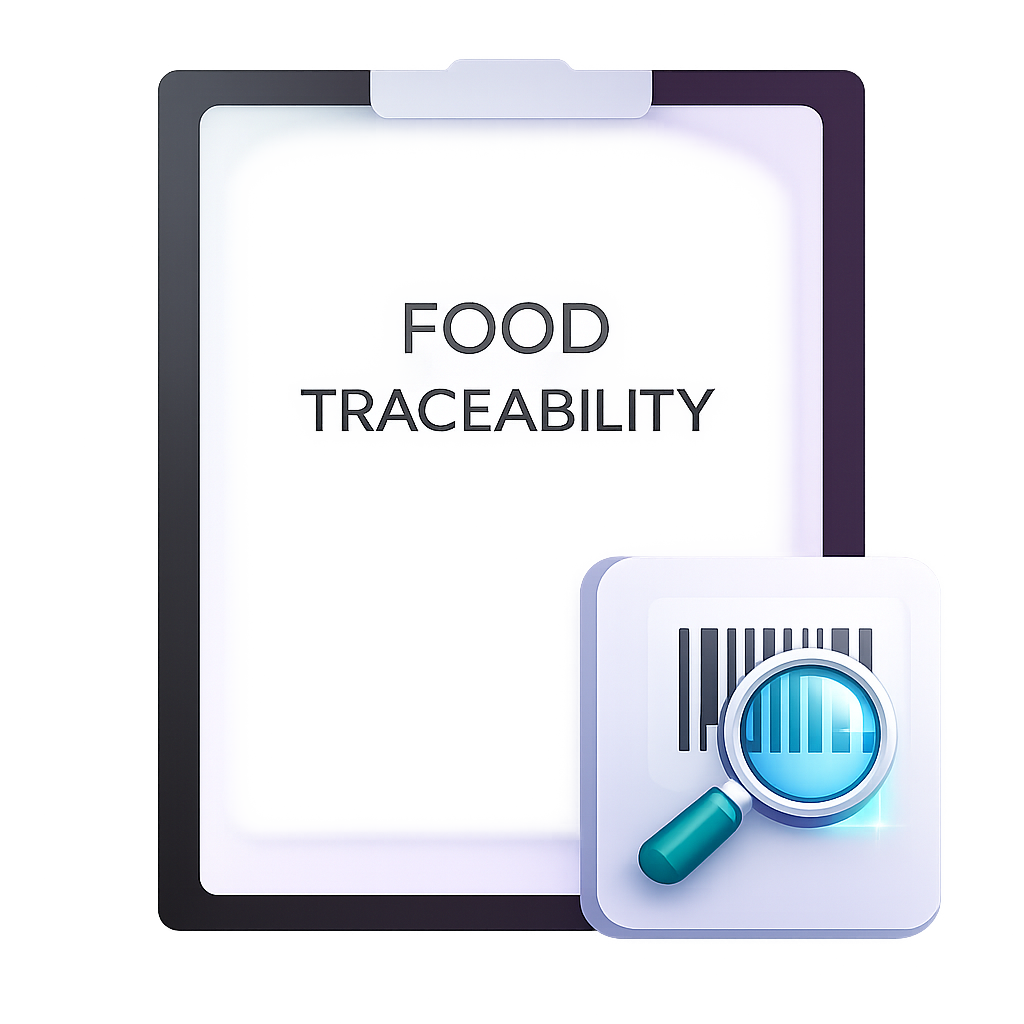
Introduction
Artificial Intelligence has become an integral part of modern business operations, and the legal sector is no exception. Law firms and corporate legal departments are increasingly leveraging AI technologies to enhance efficiency, reduce costs, and improve decision-making processes. Far from replacing human expertise, AI serves as a powerful tool that allows legal professionals to focus on more complex and strategic tasks.
Recent studies highlight the rapid integration of AI within the legal industry:
- A 2024 Clio study revealed a significant surge in AI adoption among legal professionals, with usage increasing from 19% in 2023 to 79% in 2024.
- Similarly, a 2024 Litify report noted that 47% of legal professionals are currently utilizing AI, with projections indicating that adoption rates will exceed 60% in the coming year.
Let’s dive in and explore how LLMs can benefit lawyers and law firms, and whether it's worth incorporating into your business operations.
How LLM-based AI Agents Help Legal Firms
AI agents, particularly those leveraging Large Language Models (LLMs), are transforming compliance in the legal industry by automating critical tasks such as document review, contract analysis, and legal research. With LLMs for legal documents, law firms can process vast amounts of information more efficiently and accurately, minimizing human error while ensuring adherence to ever-changing regulatory frameworks.
Open-source LLMs further empower lawyers by delivering data-driven insights that enhance case strategies and streamline workflows. By reducing the burden of routine tasks, these tools allow attorneys to dedicate more time to higher-level responsibilities, such as strategic decision-making and client advocacy.
For example, IONI Compliance Agent revolutionizes compliance by enabling legal firms to create and customize AI agents tailored to their specific needs. Supporting over 80 languages, IONI provides seamless automation across workflows and integrates multiple agents into a cohesive system. This flexibility allows legal professionals to handle complex compliance challenges with greater accuracy, speed, and performance.
LLMs in legal tech also boost workflow efficiency and productivity, enabling legal teams to organize case files, predict case outcomes, and enhance compliance operations. By utilizing AI-powered tools, law firms can reduce costs, accelerate client deliverables, and maintain a competitive edge in a rapidly evolving legal landscape.
Finally, automating routine processes like discovery and drafting frees legal professionals to focus on strategic tasks such as client relationships and high-stakes negotiations. By understanding and adopting the advanced AI and NLP technologies behind platforms like IONI, legal teams can select the best tools to optimize productivity, ensure compliance, and deliver unparalleled value to their clients.
Comparing LLMs to Traditional Legal Tools
Large Language Models (LLMs) have revolutionized the legal industry by introducing automation, speed, and accuracy to workflows. However, traditional legal tools still play a vital role in specific scenarios. Below is a comparison of LLMs and traditional legal tools across various dimensions:
%20Are%20Revolutionizing%20the%20Legal%20Industry%20-%20IONI.png)
By incorporating LLMs into legal operations, firms can achieve a transformative upgrade, blending traditional expertise with modern AI-driven capabilities.
Key Benefits of LLMs for Legal Professionals
Now, it is time to determine the key benefits of using LLMs for the legal industry. Let’s dive deeper into each of them.
- Efficient Legal Research: Quickly processes vast amounts of legal texts, helping attorneys find relevant insights faster than traditional methods.
- Automated Document Drafting: Generates accurate contracts, briefs, and memos, saving time and reducing human error.
- Improved Precision and Productivity: Automates routine tasks like document review, allowing legal teams to focus on complex work with consistent accuracy.
- Cost Savings: Reduces labor costs by automating time-consuming processes while maintaining high service quality.
- Scalable Compliance: Analyzes regulatory updates, ensuring compliance and identifying risks in contracts to mitigate liabilities.
Overall, LLMs are revolutionizing legal workflows, from research and document drafting to compliance and risk assessment. Tools like ChatGPT integrations offer law firms the ability to enhance workflows, boost accuracy, and minimize time spent on routine tasks - ushering in a new era of efficiency for the legal profession.
Potential Risks of LLM Implementation in Legal Solutions
The adoption of LLMs in legaltech brings significant efficiency but also introduces challenges that must be managed responsibly.
- Intellectual Property (IP) Issues: LLMs may generate content resembling copyrighted works, raising concerns about ownership and infringement. Clear legal frameworks and oversight are essential to ensure compliance when using AI-generated content in tasks like contract drafting.
- Data Privacy Risks: LLMs rely on vast datasets, potentially exposing sensitive or confidential information. Adhering to regulations like GDPR or CCPA, along with implementing data anonymization and governance practices, is critical to safeguarding client privacy.
- Bias and Discrimination: LLMs can reflect biases in their training data, leading to unfair or discriminatory outcomes in legal analysis. Regular audits, bias detection tools, and validation layers are crucial to ensure fairness.
- Accuracy and Over-Reliance: LLMs can produce errors or "hallucinations," making human oversight essential to avoid flawed legal documents or analysis.
- Regulatory and Security Challenges: The evolving legal landscape for AI and risks of cyberattacks require robust compliance measures and strong cybersecurity protocols to protect sensitive information.
While LLMs offer transformative potential for legal operations, managing risks like IP issues, data privacy, bias, and security is vital to ensure ethical and effective implementation.
Real-World Applications of LLMs in the Legal Sector
The use cases of LLMs in the legal industry vary from simple document drafting to the deep analysis of complex contracts. Let’s have a look at the options on how to use LLMs in this area.
Faster Document Drafting and Review
Gone are the days when lawyers had to manually draft contracts that took ages to perfect. These models can generate, edit, and review contracts and legal documents in a fraction of the time it takes a human. Need a partnership agreement? Just ask an LLM to draft one in minutes.
Example: Imagine a busy law firm getting a client request for a simple non-disclosure agreement. Instead of drafting it from scratch (or scrambling to find an old template), the firm can input specific details, and the LLM creates a customized document on the spot. Less time spent typing, more time spent on strategy - it's a win-win!
Legal Research at Lightning Speed
We all know that the legal world is flooded with an overwhelming amount of case law, statutes, and regulations. It's like trying to find a needle in a haystack made entirely of needles. Instead of painstakingly sifting through stacks of legal texts, LLMs can quickly scan and find relevant precedents, legal rulings, or even obscure regulations from years past.
Example: A lawyer working on a patent case needs to quickly locate a ruling on intellectual property from a specific year. Instead of poring over books or searching multiple databases, they can simply input the query, and the LLM fetches the most relevant case law in seconds. No need to worry about getting lost in the legal jungle anymore!
Client Communication Made Easy
Client communication is key in legal practice, but it’s not always a one-way street. Sometimes, clients send a flood of emails with complex questions - "Can you explain the tax implications of my business acquisition?" "Do we need to register this trademark in all 50 states?" The LLM can assist lawyers by drafting replies, summarizing complex legal documents, or even providing preliminary legal advice (before a human lawyer steps in, of course).
Example: A lawyer receives a detailed email from a client asking for legal advice on a real estate deal. Instead of spending an hour typing a response, the LLM can provide a draft answer based on prior cases and general law, which the lawyer can then review and personalize.
Contract Analysis: The AI Detective
Another major area where LLMs are making a significant impact is contract analysis. Lawyers can spend days reviewing dense contracts - looking for hidden clauses, compliance issues, or potential risks. It's tedious work, but with LLMs, this process can be automated, reducing human error and freeing up lawyers to focus on the strategic aspects of the deal.
Example: A firm is reviewing a long commercial lease. Instead of reading every line to ensure there are no hidden clauses that could be problematic, an LLM can scan the document and highlight any potentially risky or unusual clauses.
Future Trends: What’s Next for LLMs in the Legal Industry?
The use of LLMs in the legal industry is rapidly evolving, and several exciting trends are expected to shape the future. Here are some key areas where LLMs will continue to revolutionize legal practice:
Legal Software Integration
LLMs are increasingly being integrated into comprehensive legal software platforms. This integration will enable seamless workflows across various legal tasks, from document review to client communications. Legal teams will benefit from AI tools that streamline operations and improve collaboration, all within a unified platform. This integration will enhance efficiency, reduce redundancies, and create a more cohesive legal environment.
Litigation Prediction and Client-Centric Solutions
LLMs will play a pivotal role in predicting litigation outcomes by analyzing vast amounts of case data, judicial rulings, and legal precedents. This will help law firms and clients make more informed decisions, strategize better, and manage risks. Additionally, AI-powered, client-centric solutions will allow firms to offer personalized advice, tailored to individual client needs, improving overall client satisfaction and engagement.
AI Legal Document Analysis and Automation
The future of legal document management is heavily reliant on AI. LLMs will be used to analyze, review, and automate legal documents with greater accuracy and speed. This will significantly reduce the time spent on mundane tasks such as contract analysis, due diligence, and compliance reviews. Legal teams can focus on more strategic activities while leaving the routine document work to AI.
Data Security and Remote Work
As remote work continues to grow, data security will become an even greater concern for law firms adopting LLMs. Future LLM systems will be designed with stronger security protocols to ensure client data is protected, especially when accessed remotely. Encrypted communication, secure cloud-based platforms, and AI-driven risk management will play a critical role in safeguarding sensitive legal data while ensuring compliance with data privacy regulations.
The future of LLMs in the legal industry promises enhanced integration, more accurate litigation predictions, improved client-centric solutions, advanced document automation, and robust data security measures. As these trends continue to evolve, LLMs will play a crucial role in shaping the next generation of legal technology.
Conclusion
Large Language Models (LLMs) are transforming the legal industry by enhancing efficiency, improving accuracy, and enabling more accessible legal services. From streamlining document review and contract analysis to providing advanced legal research and aiding in compliance, LLMs are reshaping traditional workflows and empowering legal professionals to focus on higher-value tasks.
As AI continues to evolve, LLMs will likely play an even more prominent role in the legal sector, driving innovation, reducing costs, and expanding access to justice. However, it’s essential to approach this transformation with thoughtful consideration of ethical, regulatory, and privacy concerns to ensure that the full potential of LLMs is realized responsibly.


.png)
.png)





